
Scientists discover new truth about the Sun's structure
Our understanding of the Sun may have completely changed after astronomers calculated that it might not be quite as big as we thought it was. The Sun is so powerful that it can disrupt the Earth’s magnetic field giving us the Northern Lights. It also continually baffles scientists, as one recent discovery found that part of the Sun is broken. Now, experts have discovered that the Sun may be a bit smaller than everyone thought, which could alter how we think of the star at the centre of our universe. Two astronomers made the calculation that the radius of the Sun is smaller, by a few hundredths of a per cent, than originally believed. The results, which are being peer-reviewed, are based on evidence gathered from sound waves that are made and trapped inside the burning hot sun. These sound waves are known as p-modes and they make noise like a growling stomach, suggesting a pressure change in the Sun’s interior. Analysing p-mode oscillations offers a “dynamically more robust” understanding of the Sun’s insides, according to astrophysicists Masao Takata from the University of Tokyo and Douglas Gough from Cambridge University. According to their research using evidence from p-modes, the solar photospheric radius is fractionally smaller than calculations made using the traditional reference model for the Sun’s seismic radius that analyses waves called f-modes. The reason for this difference is not very well understood. Astrophysicist Emily Brunsden told New Scientist: “To understand the reason for their difference is tricky because there’s just a lot of things going on.” How to join the indy100's free WhatsApp channel Sign up to our free indy100 weekly newsletter Have your say in our news democracy. Click the upvote icon at the top of the page to help raise this article through the indy100 rankings.
2023-11-09 19:48

Israel's Wix.com posts Q3 beat, says business as usual
By Steven Scheer JERUSALEM (Reuters) -Wix.com, which helps small businesses build and operate websites, reported a higher-than-expected rise in quarterly
2023-11-09 19:29
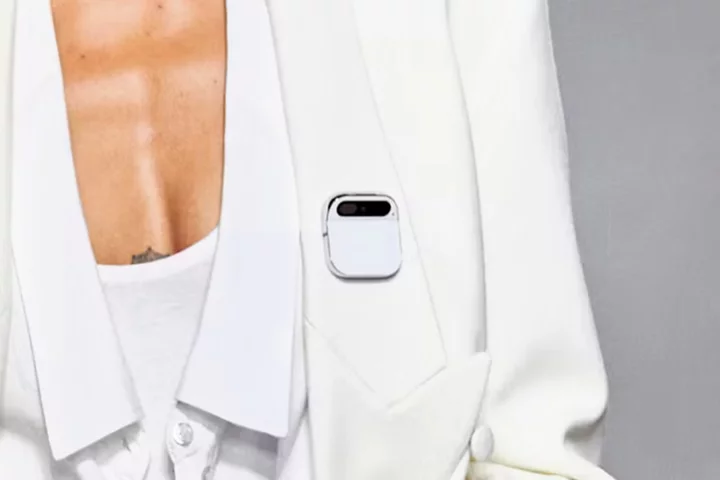
New AI Pin clips ChatGPT to your clothes
A US startup is set to unveil an AI-powered device that it claims could replace smartphones. Humane’s AI Pin, which launches today, will clip directly to a person’s clothes and is expected to feature a projector to turn any surface into a screen. An embedded camera and microphone means it could function as a wearable smartphone without a screen, with its creators say has been “built from the ground up for AI”. Leaks suggest the AI Pin will cost $699 and require a $24-per-month subscription fee to access AI models developed by Microsoft and OpenAI, which may include a version of the viral ChatGPT chatbot. Documents obtained by The Verge suggest it will come with two “battery boosters”, a “personic speaker”, and will be powered by a Qualcomm Snapdragon processor. It will also be able to summarise your email inbox, translate languages and come with an “AI DJ”. Humane did not respond to a request for comment but has announced that it will unveil the AI Pin on 9 November. A version of the device was revealed earlier this year at Paris Fashion Week, with models wearing a small square box on the lapels of their clothes. Humane co-founder Imran Chaudhri, who spent 22 years at Apple as a designer before forming his own startup, also gave details about how the clip will function in a TED talk in May. A demonstration showed the tech founder receiving a phone call through the device, using its laser-projected display to turn his palm into an interactive screen. “We believed that artificial intelligence would be the driving force behind the next leap in device design,” he said. “[The AI Pin] is completely standalone. You don’t need a smartphone or any other device to pair with it... It interacts with the world in the way that you interact with the world – hearing what you hear, seeing what you see – while being privacy first and safe, and completely fading into the background of your life.” Humane describes the experience as “screenless”, “seamless” and “sensing”. In a press release earlier this year, Humane co-founder Bethany Bongiorno said: “Our relationship with technology is changing profoundly, becoming even more personal as our devices morph into extensions of our bodies, minds and hearts.” Read More Elon Musk’s new AI bot will help you make cocaine which proves it’s ‘rebellious’ ChatGPT update allows anyone to make their own personalised AI assistant How Elon Musk’s ‘spicy’ Grok compares to ‘woke’ ChatGPT The mystery AI device that could replace your phone
2023-11-09 19:26

Omegle: Popular video chat website shut after abuse claims
The controversial firm's founder said the site was no longer "psychologically" sustainable.
2023-11-09 19:21

LME appoints new technology manager to strengthen expertise for flagship project
LONDON The London Metal Exchange (LME), which faces lengthy delays to its trading technology revamp, said on Thursday
2023-11-09 18:18
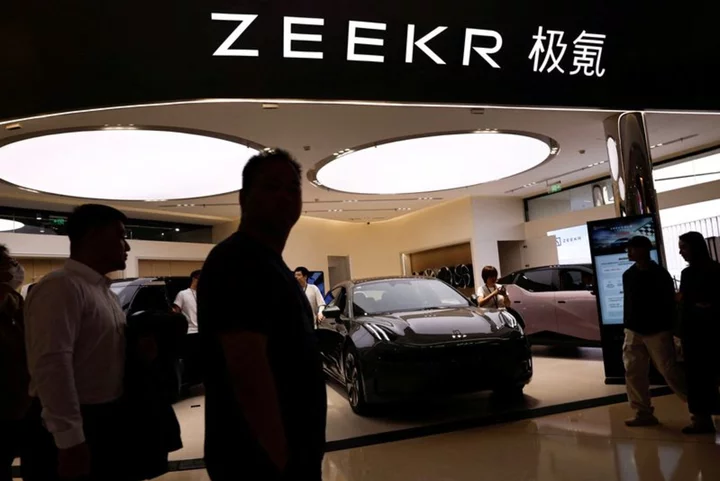
Exclusive-Geely's Zeekr edges closer to US IPO, to make filing public this week - sources
SHANGHAI (Reuters) -Zeekr, Chinese automaker Geely's premium electric car brand, will this week publicly release some details of its plans
2023-11-09 18:16
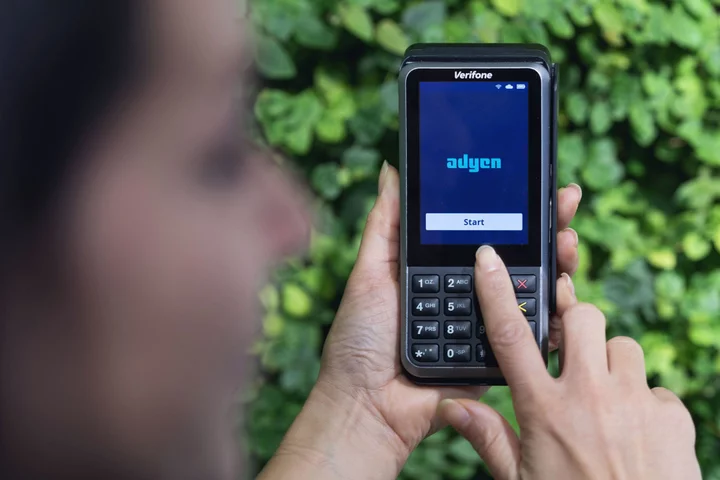
Adyen Surges as New Targets Ease Investor Concerns
Adyen NV’s shares surged the most since its trading debut after the payments giant unveiled new growth targets
2023-11-09 17:59

Africa Phone Giant MTN Expects Nigeria Reform Recovery Mid-2024
MTN Group Ltd. expects Nigeria to overcome the short-term “pain” of President Bola Tinubu’s economic reforms by the
2023-11-09 16:56

China Lays Out Grievances With US Before Yellen-He Meeting
China laid out its grievances with the US just before meetings between economic czar He Lifeng and Treasury
2023-11-09 16:54

US, South Korea Chide North Korea for Sending Arms to Russia
The US and South Korea condemned North Korea for providing arms to Russia for its war in Ukraine,
2023-11-09 16:27
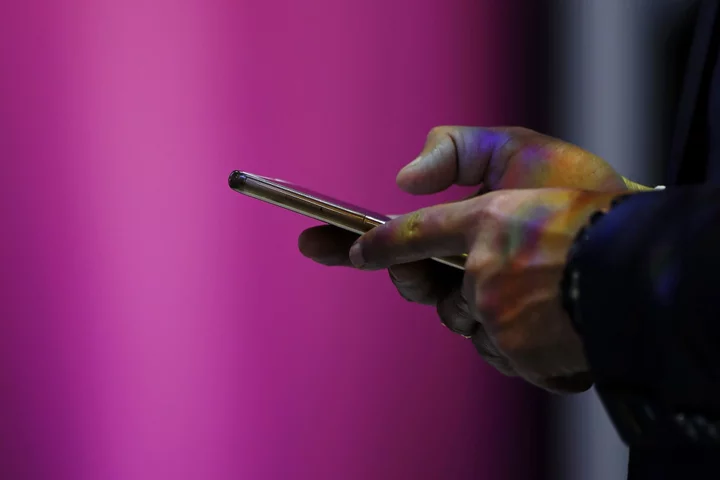
Taiwan May Have Figured Out a Way to Beat Phone Scammers
Taiwan’s crackdown on phone scams has led to a 70% drop in incoming international calls, representing a rare
2023-11-09 15:58
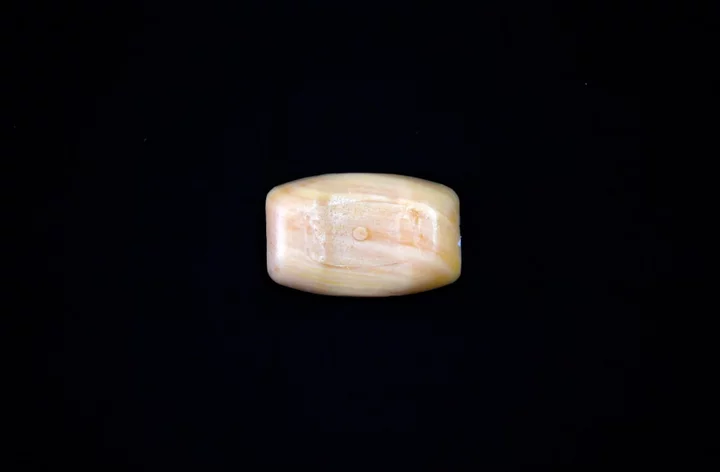
Soap may be key for longer-lasting batteries, study finds
The key to longer-lasting batteries may lie in soap, according to a new study. Scientists have developed a new promising substance used for designing batteries. They said it acts in a manner similar to soap removing grease, dirt and germs. Localised high-concentration electrolytes could be the “missing piece” that fully open the door to building longer-lasting batteries, said a recent study published in the journal Nature Materials. The key to longer-lasting batteries may lie in understanding how soap gets rid of dirt. It forms tiny structures called micelles that act as a bridge between water and what is being cleaned away by wrapping them into small structures. Scientists from Brown University said a similar process plays out in localised high-concentration electrolytes – described as one of the most promising substances for designing batteries. Electrolytes are key in the energy-storing process as they allow an electrical charge to pass between a battery’s two terminals. This sparks the chemical reaction needed to convert stored chemical energy to electricity. Batteries made from lithium metal have a greater energy storage capacity than today’s lithium-ion batteries. But the electrolytes commonly used to power lithium-ion batteries don’t do this effectively in metal-based batteries, researchers explained. “The big picture is that we want to improve and increase the energy density for batteries, meaning how much energy they store per cycle and how many cycles the battery lasts,” said study co-author Yue Qi from Brown University. “To do this, materials inside of traditional batteries need to be replaced to make long-life batteries that store more energy a reality – think batteries that can power a phone for a week or more, or electric vehicles that go for 500 miles,” Dr Qi said. Electrolytes for lithium-ion batteries are made of low-concentration salt dissolved in a liquid solvent. The new type of electrolytes, however, are created by mixing high concentrations of salt in a solvent with another liquid called a diluent. Scientists said this makes the electrolyte flow better so the power of the battery can be maintained. They also found the electrolyte functions like soap. “The paper provides a unified theory to why this electrolyte works better and the key understanding of it came by finding that micelle-like structures form within this electrolyte – like they do with soap,” said study co-author Bin Li from the Oak Ridge National Laboratory. “Here we see that the role of the soap or surfactant is played by the solvent that binds both the diluent and the salt,” Dr Li explained, “wrapping itself around the higher concentration salt in the center of the micelle”. While in lab tests, this type of electrolyte has shown promising results, how it works has remained elusive. This has put a cap on how effective it can be and how it can be further developed. The new understanding has, however, helped scientists develop the right concentrations needed to bring about optimal reactions for the batteries. “The concept of the micelle may be new for the electrolyte, but it’s actually very common for our daily life,” Dr Qi said. “Now we have a theory, and we have guidelines to get interactions we want from the salt, the solvent and the diluent in the electrolyte, and what concentration they have to be at and how you mix them.” Researchers said this new understanding could lead to introducing a proper balance of the three battery ingredients and also help extend the life of lithium-metal batteries. Read More Ireland and Apple await major development in long-running EU tax dispute Apple just released an iPhone update you should download right now Smartphones ‘may be able to detect how drunk a person is with 98% accuracy’ Ireland and Apple await major development in long-running EU tax dispute Apple just released an iPhone update you should download right now Smartphones ‘may be able to detect how drunk a person is with 98% accuracy’
2023-11-09 15:56
